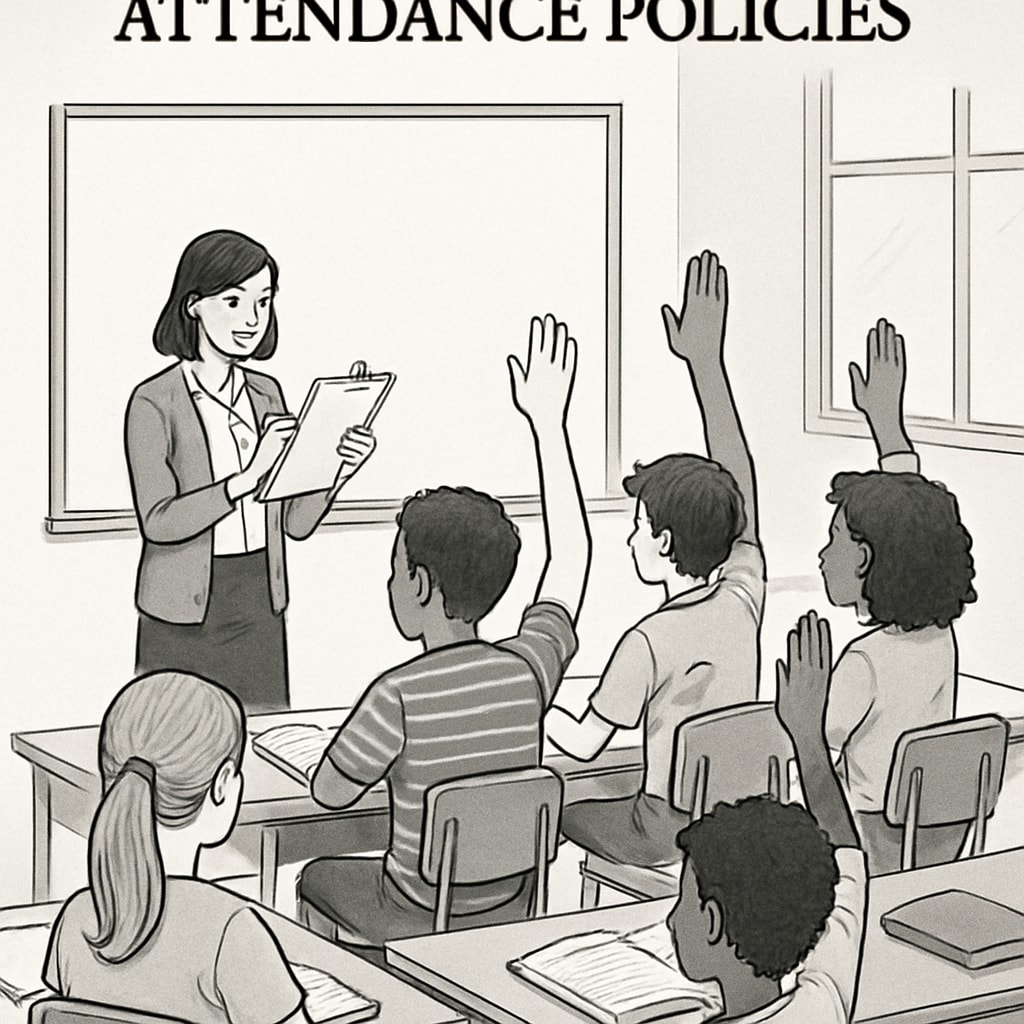Strict attendance policies in schools have become a hotly debated topic, igniting concerns from parents over their autonomy in deciding how to manage their children’s education. While these policies aim to curb absenteeism and enforce accountability, the conflict arises when parents feel their rights are being overshadowed by excessive regulation. Furthermore, the role of religious institutions in public education adds another layer of complexity to the discussion.

Why Are Attendance Policies So Strict?
Attendance policies are often implemented to ensure students remain engaged in their academic journey and to hold schools accountable for meeting educational benchmarks. However, these policies frequently include punitive measures, such as fines for unexcused absences, mandatory court appearances, or even involvement from child protective services. While these systems are designed to deter chronic absenteeism, they have sparked backlash from parents who argue that such measures can be overly intrusive.
For example, a parent may choose to keep their child home due to illness or family emergencies, yet strict policies may not accommodate these scenarios adequately. As a result, families face legal or financial consequences, leaving them feeling alienated from the education system.
Parental Autonomy: Where Is the Line?
One of the primary concerns from parents is the perceived encroachment on their right to make decisions for their children. Parental autonomy in education is a deeply valued principle, but it often clashes with school policies that prioritize uniformity and accountability. Parents may argue that they understand their children’s needs better than school administrators, particularly in cases involving mental health, religious observances, or unique family circumstances.
For instance, some religious families may object to attendance policies that conflict with their beliefs or traditions. This raises broader questions about the boundaries of religious influence in public education. Should schools accommodate religious holidays or practices, even if they result in extended absences? These debates highlight the delicate balance between respecting parental choices and maintaining consistent educational standards.

The Role of Religious Institutions in Public Education
Religious institutions occasionally intervene in public education, especially when attendance policies conflict with religious observances. While schools often aim to be inclusive, allowing for excused absences during major religious holidays, the extent of accommodation remains a contentious issue. Some parents and religious organizations advocate for greater flexibility, arguing that enforced attendance during these times undermines cultural and spiritual values.
However, others caution against excessive religious influence in public schooling, emphasizing the importance of separating church and state. Striking a balance between inclusivity and neutrality is essential to ensure equitable treatment for all students, regardless of their religious affiliations.
Finding Common Ground
To address the tension between strict attendance policies and parental autonomy, schools and parents must collaborate to create solutions that work for both parties. Potential strategies include:
- Introducing more flexible attendance policies that account for family emergencies, mental health days, or religious observances.
- Providing clear communication channels between schools and parents to discuss attendance-related concerns before punitive measures are applied.
- Incorporating parental feedback into policy revisions to ensure that families’ perspectives are considered.
In addition, schools should consider the broader context of each absence rather than solely relying on rigid enforcement mechanisms. This approach fosters trust and mutual respect between educators and families.
As a result, a balanced approach to attendance policies can help schools achieve their educational goals without alienating the families they serve.


